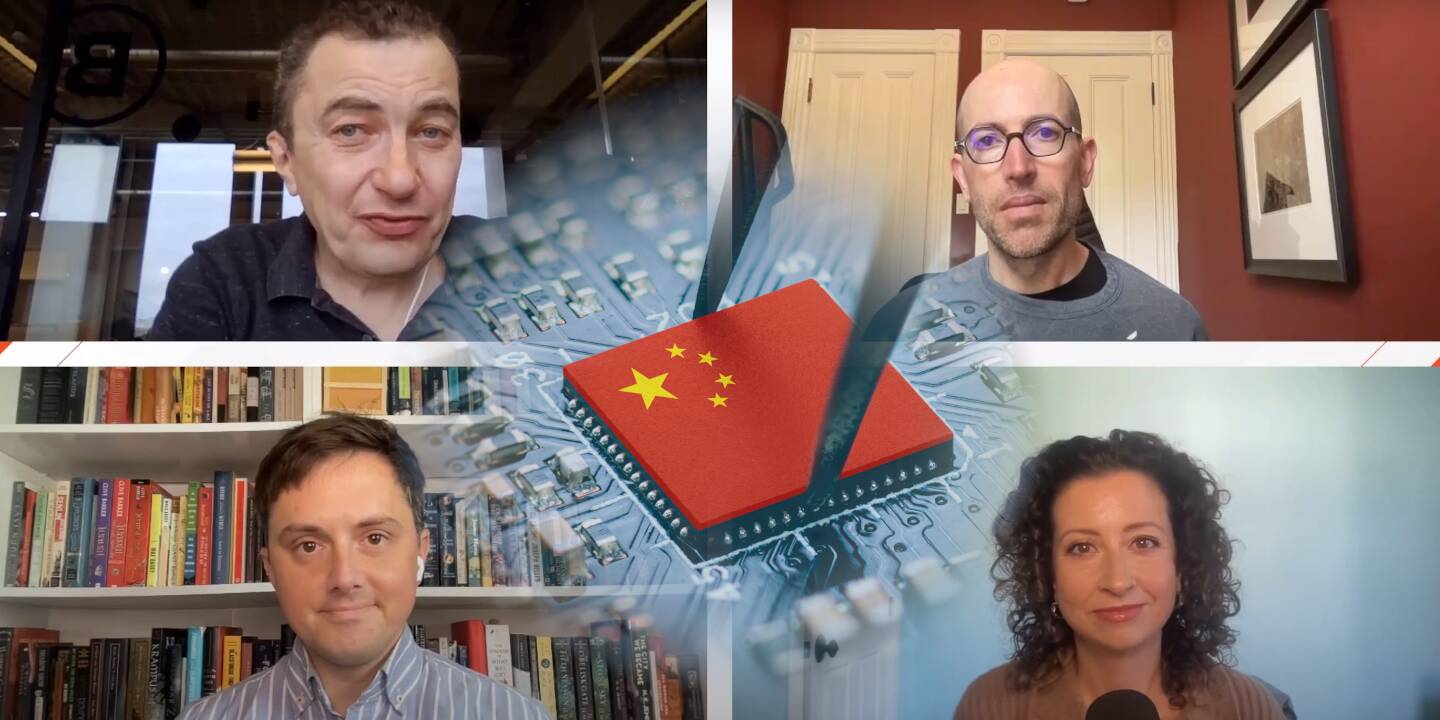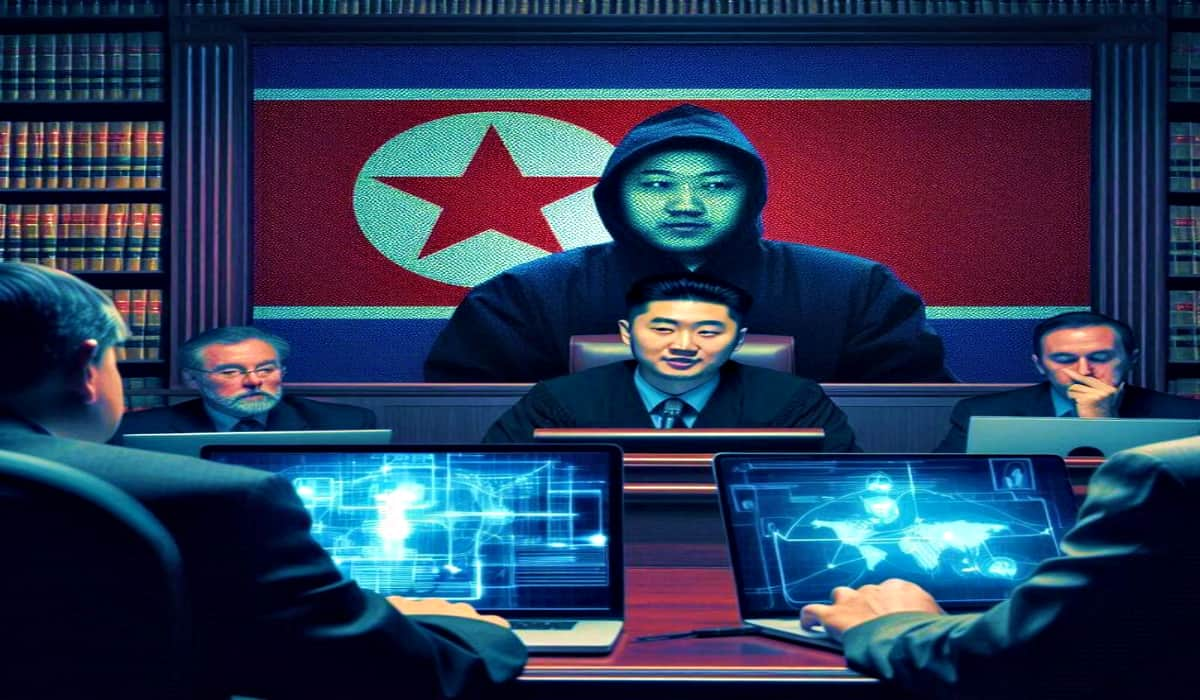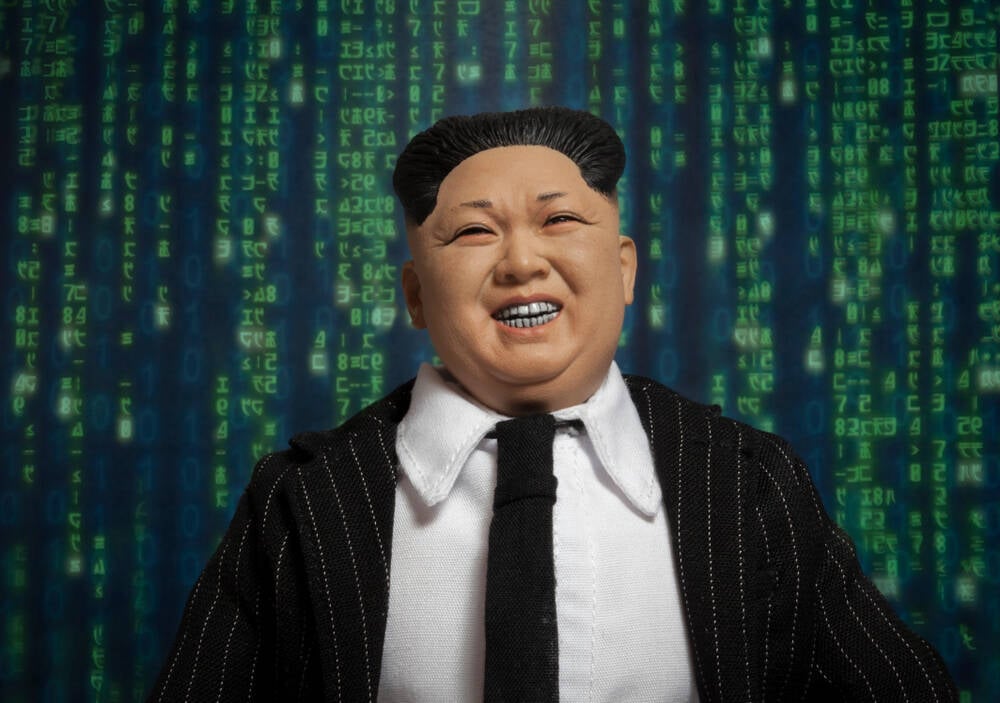BOOK THIS SPACE FOR AD
ARTICLE AD31. January 2022
This article has been indexed from Lawfare
The Harry S. Truman building in Washington, D.C. (https://commons.wikimedia.org/wiki/File:U.S._State_Department_-_Truman_Building.JPG)
It is well known that the United States conducts foreign relations through not only ambassadors and Foreign Service officers but also a collection of “ad hoc diplomats”—special envoys and other irregular agents whose positions are often temporary and focused on relatively narrow issues, such as human rights in North Korea, hostage recovery or the negotiation of a single treaty. This practice reaches back to the Founding and generates occasional contestation between the political branches but historically has encountered few statutory limits. With the Department of State Authorization Act of 2021, however, President Biden recently signed into law substantial constraints on ad hoc diplomatic appointments. This post provides background on the new statute, discusses its key provisions and significance, and raises questions about its future implementation.
Background
The law in this area begins with the Appointments Clause, which states in part that the President
An Important Development in the Law of Diplomatic Appointments
By continuing to use the site, you agree to the use of cookies. more information
The cookie settings on this website are set to "allow cookies" to give you the best browsing experience possible. If you continue to use this website without changing your cookie settings or you click "Accept" below then you are consenting to this.
.png)















 Bengali (Bangladesh) ·
Bengali (Bangladesh) ·  English (United States) ·
English (United States) ·